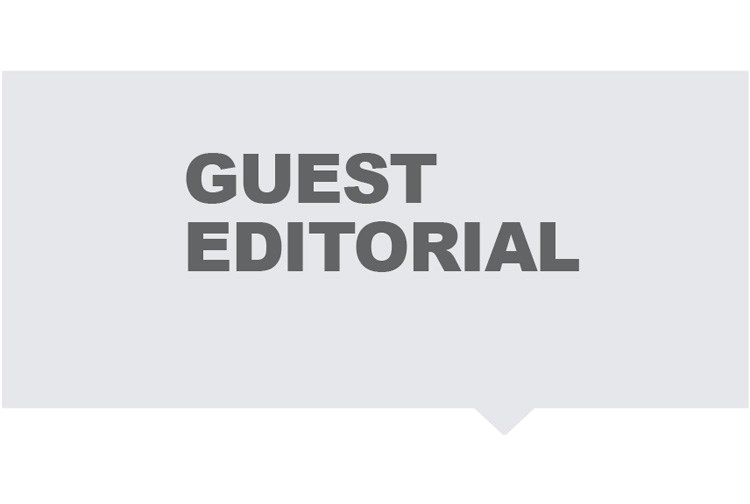Red tape and I don’t get along very well at all. And it’s not good for my city, my region, my province or the country as a whole.
Our region and province are very dependent on resources, whether it be agriculture or forestry or mining.
Mining is a big part of our community, starting with the Barkerville Gold Rush in BC’s Cariboo region in 1861.
But now we have red tape throttling development.
The proposed Prosperity Mine, 125 kilometres south of Williams Lake, has reserves of 5.3 billion pounds of copper and 13.3 million ounces of gold. It’s huge. It would employ 550 people, create even more spin-off jobs, and add $340 million to our GDP each year.
But we now have been through a full 20 years of process and government red tape on this, and we still have no mine and no jobs and no government revenue.
The BC government approved the mine in 2010. But later in 2010 Ottawa’s separate review led the feds to reject the project, and they invited Taseko Mines Ltd. to submit a new design.
Taseko did this in 2011, and there was an important change in it: Taseko would no longer plan to use Fish Lake for tailings disposal, which was a major concern of the First Nations. Taseko now would build their own tailings pond. They saved the lake. They did all the extra work. They would even line the pond so there would be no seepage.
But the federal environmental assessment review panel didn’t even look at that. The panel didn't even have the courtesy to read through the documents. They cut and pasted the original document.
The Williams Lake Chamber of Commerce took a delegation back to Ottawa to deal with the environment ministry. The federal minister of the environment, then Catherine McKenna, refused to meet with us ‘because it may be deemed a conflict of interest.’
Two days before we got there, we saw in the news media that she had met with the First Nations that were opposed to the mine. But she wouldn’t meet with us.
There’s more to all this than just one mine. For all major natural-resource development, we need an integrated process between the feds and the province for environmental assessment.
That’s the biggest hold-up: process, process, process, both provincially or federally. It doesn’t matter whether it’s cutting-permits for forestry or environmental assessment for mining. It’s now got to the point of ridiculousness.
There needs to be one process. To have two different levels of government, going through exactly the same process, not only for the developer, but for the people that want to come and comment, whether it be First Nations or communities, you have to do it two different times to give the same answers. It just doesn’t make any sense.
The process is very, very flawed. We’re not going to get investment in Canada if we don’t clean up the assessment process.
Secondly, Ottawa and the province, or the provinces plural, need to be dealing together with the First Nations, so that everybody knows that we’re on the same playing field. Right now, it’s a mixed bag; the governments are giving mixed messages to both industry and First Nations and it’s causing a lot of conflict.
It’s not just the federal government that needs to do this and to speed things up. There is red tape in British Columbia, too. We don’t have that many mines being developed in the province, but we certainly do have a lot of forestry and the cutting permits that used to take a couple of months to get now take up to two or three years. Why?
I say it again: we’re not going to get investment in Canada if we don’t clean up these assessment processes and cut through all this red tape.
- Walter Cobb is a former BC Liberal MLA (Cariboo South, 2001-2005), a former councillor of Williams Lake (1980-1990) and now is in his third term as mayor of Williams Lake.



